Play(er) of the Week: Nicky Johnson ’25 Reflects on Historic Wesleyan Basketball Career

In Play(er) of the Week, our goal is to highlight outstanding athletes or moments from games that deserve extra attention.
Nicky Johnson ’25, a captain and point guard for the Wesleyan men’s basketball team, led the Cardinals to their best season in program history this year. With Johnson at the helm, the Cards began the season with a program record 26 consecutive wins and made it all the way to the NCAA Division III Men’s Basketball Tournament Final Four. It was the first time in program history they had been past the second round. For his performance this year, Johnson received an All-NESCAC First Team honor, his third such award. He was previously named to the 2023 First Team and the 2024 Second Team. He was also named to the NABC All-District Second Team for District I and the D3hoops.com All-Region First Team. Johnson finishes his career with 1429 points, the fifth most in University history, and 581 assists, by far the most in program history. It goes without saying that Johnson is one of the most decorated and respected leaders in Wesleyan Athletics history. He sat down with The Argus to discuss his basketball beginnings, the evolution of his leadership style, and making the Final Four.
The Argus: When did you first start playing basketball?
Nicky Johnson: [I’ve been playing for] probably as long as I could really remember. I grew up with three older brothers who were pretty good athletes, and my parents were pretty good athletes. So I had some sort of ball in my hands from a very young age. I played a lot of different sports, but basketball was the one sport that I liked a lot more.
A: Is there a moment you remember where you really fell in love with the game?
NJ: I remember at preschool, in the basement, they had a little mini hoop [for] before school starts [and] recess and stuff like that. But I always wanted to go and shoot hoops. My mom said there were memories of me always going down there [when] everyone’s outside at recess or whatever, and I just wanted to keep shooting hoops.
A: I know you and your brothers played football. How did competing with them add to your own competitiveness?
NJ: They really instilled in me a toughness. Being the youngest, you kind of get beat on a little bit, and you’re always the smallest. I always wanted to keep up with them. My parents had a rule with me: Don’t come to me crying if you’re the one who wants to go and play with them. So I had to learn from a young age that if I wanted to play with them, I was gonna have to be able to hang with the big boys. And they showed me, both through hanging out with them and through watching them play my sports, how to approach the game and how to work hard. So from a young age, I found that work ethic from them, and I also was able to grow and hone my skills playing against them. They were so much better than me and bigger that I really found that competitive edge that put me over the top once I was playing with kids my own age.
A: When did you start considering playing basketball in college?
NJ: Going back to my brothers or even my dad—my dad played in college football at Navy—when they were coming up, I was in middle school, elementary school, and they had been looking to play in college. So I knew from a young age that I wanted to play at the next level in some capacity, but I didn’t get real serious about the process until about sophomore year. When you’re playing AAU [Amateur Athletic Union] and people are starting to come to the games and coaches, that’s when it really started to gear up. But I knew from a young age that I wanted to play the sport as long as I could.
A: How did you learn about Wesleyan and what sold you on coming here?
NJ: I’d always thought about the NESCAC as a great group of schools that I could be looking into. But from Massachusetts, you really only hear about Amherst, Williams, and Tufts, and you don’t know much about Wesleyan. But one day, one of the coaches reached out to me, and we got along really well, and through talking to him and then a few visits, I found it was a really good school. I thought the student body was really diverse, which I value, as well as the team, and the open curriculum was really cool to me. All the boxes kind of checked themselves off as we kept peeling back the layers.
A: Do you remember what about your interactions with the coaching staff let you know that this was the right kind of basketball program for you?
NJ: What was really cool about Coach [Joe] Reilly and then at the time [assistant coach] Derek Spanellis was that they didn’t necessarily want to talk too much basketball with me, which I really valued. They wanted to get to know me and get to know about my family and things like that. It showed that they were actually interested in me as a person and not just what I brought to the table on the court. I thought they took a real interest in me and had a belief in me. They said, “If you come here and you’re good enough, you’re gonna get to play.” And I thought that kind of honesty was really cool from a coaching staff where, in some of the other recruiting processes, you get some lies and you get some sweet nothings whispered in your ear. They were really straightforward with me, but they also took the time to try to get to know me, which was really cool.
A: What did you do to earn Coach Reilly’s trust in your first year and become starting point guard?
NJ: Coming in, I’d been a really defensive-minded player. In high school, I won Defensive Player of the Year in my conference, which is a reason why [Reilly] took a big liking to me. And some of the older guys took me under their wing—they were like, “If you want to play, defense is your ticket onto the court.” So I made it a point of emphasis in the fall to be a really good defender. And that earned me some minutes. So I had the right mindset going into it, thinking
“What can I provide?” I had a lot of good players around me, so as long as I could run the offense at guard, they were gonna trust me.
A: What did you learn from the leaders on your first-year team about what it takes to succeed?
NJ: They set the tone early [about] what it means to be a college basketball player. Obviously it’s a level up, but until you see it you’re not too keen on what it looks like. They were really good leaders by example, [showing] what it means to show up before practice, [to get] shots in after practice, before practice, [to get] in the weight room. They built a lot of good habits in me without even saying it. But just the way that they carried themselves was really important, and on the court they were constantly filling me with confidence. Early on, I was just trying to stay afloat and try not to mess up, but they were instrumental in being like, “Hey, no, you got this, call your own shot, call your own number, you’ve earned it.” So I think they just showed me what it’s like to be a good basketball player and instilled that confidence in me to keep growing and expanding my game.
A: How has your leadership evolved over the years you’ve been at Wes?
NJ: It was Coach Riley who [said], “You’re the point guard, you’re at the helm of this, people are going to listen to your voice.” Once you’re thrust into that role, you have to be cognizant of everyone else’s needs and [that] everyone’s doing what they need to do. My junior year, I just didn’t know how to navigate it without being a little overbearing. And I would just say I found the nuance within my senior year of just balancing—making sure everyone’s doing what they need to do while also breathing confidence into them.
A: This season, when did you know that the team was firing on all cylinders?
NJ: For me, it was pretty early. Even last spring, we were really working on our game. And then through the summer, people were working hard. The first two or three weeks into the season, once we started to get some of the concepts down, I realized that we had a shot to be really good. People were defending at a high level in practice. The competition level was so high that there was rarely any discrepancy between guys who might not even play versus guys who are playing. When players 1 through 19 [are] impacting the game, that’s when I was like, I think we have a shot to turn some heads.
A: As the season progressed and you guys kept winning, how did you stay on task without thinking about all of the external pressure?
NJ: It was a huge point of emphasis to be super focused [and] not look too far ahead. Last year, each game we lost, we learned a huge lesson. This year was our opportunity to right those wrongs. So as much as there was pressure once the momentum started to build, we had so much confidence from winning that it didn’t really faze us that much.
A: Talk me through the NCAA run: the highs, the lows, and just how you guys were able to handle the pressure and perform.
NJ: A lot of teams that are really good run into issues in the tournament because they’re just happy to be there. We made it known that we’re happy to be here, but we’re here to win games. We’ve done a really good job all year [of] not getting too high or too low with the wins and losses and knowing that, yes, we are in do-or-die time, but if we just stay steady and execute when we need to, things would take care of ourselves.
A: How did it feel to get up on the ladder and cut down the net after your win in the Elite Eight?
NJ: I remember watching Trinity get there last year, and it wasn’t a super spoken-about thing, but a few of us had this internal belief [that] we can get to Fort Wayne, Ind. Working that whole year culminating to that moment of being up on a ladder was really cool to share with everyone.
A: What did it mean to you to be able to go to the Final Four with Coach Reilly?
NJ: It’s cool to do that with him. He’s been coaching for 27 years, and he’s built two programs from the bottom up. And he finally made it to the Final Four because he’s the hardest worker out of all of us. He really cares about us. I felt like we owed it to him to get there, so it was just really cool to do it with him. And each year you get a little bit closer with him, and I formed a really good bond with him. So it was just cool to share that moment with him.
A: To run through the list of awards: First Team All-NESCAC, All-District First Team, All-Region Second Team. What does it mean to you for the basketball community to recognize your talent, your dedication, and success with these awards?
NJ: It’s cool to get that love, but you don’t get those awards if your team isn’t winning. So it is a team award. And our coach says that if all the other 17 guys aren’t working really hard and doing what they need to do, we don’t get to shine in the way that we do. It takes a village for those things to happen. I really owe it to the coaches and my teammates for pushing me and believing in me too.
A: Finally, if you could give your first-year self a piece of advice about life at Wes, what would it be?
NJ: Two things: I’d say it’s a journey, so you gotta just stick with it. You’re gonna go through some ups and downs, but stay confident in yourself, believe in yourself. And it goes by fast, so really enjoy it. Try to stop and smell the roses every once in a while, because it’s gonna fly by. Just try to stay present and enjoy every moment you can, because you’re not gonna get them back.
Interview has been edited for length and clarity.
Ethan Lee can be reached at ejlee@wesleyan.edu.

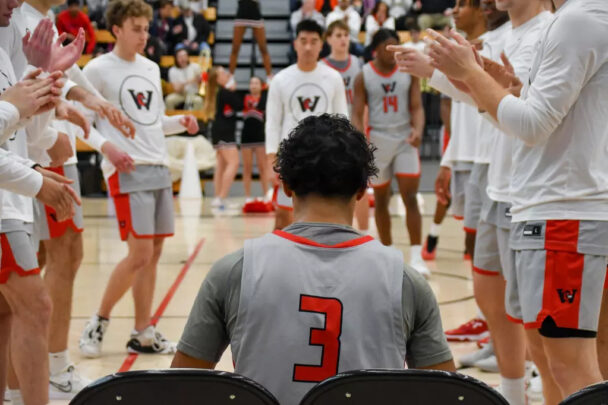
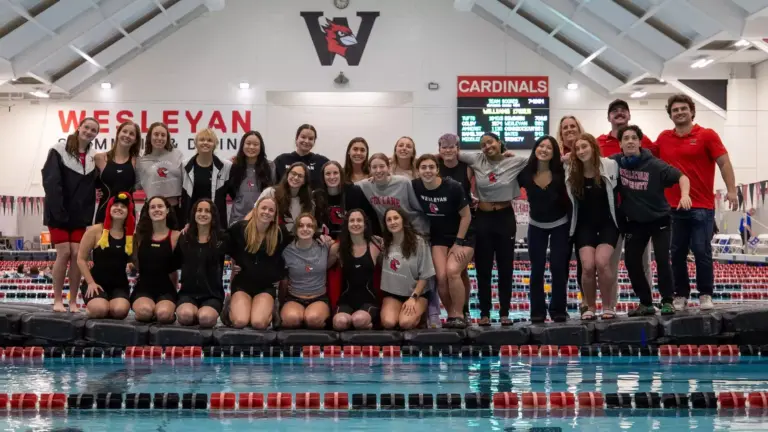
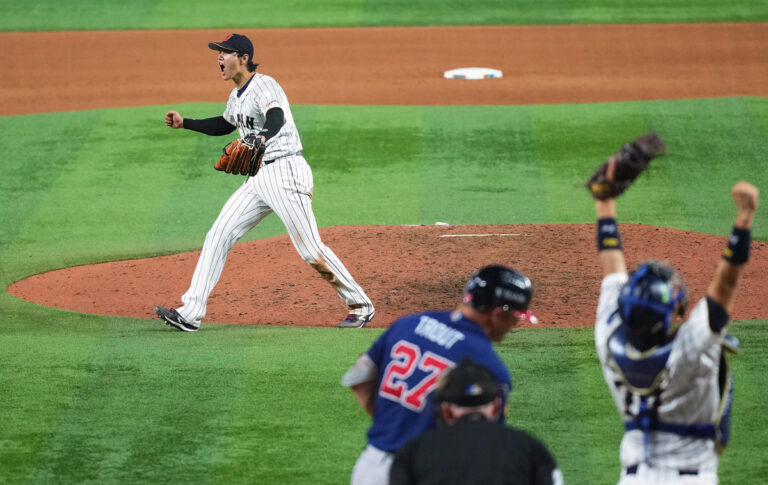
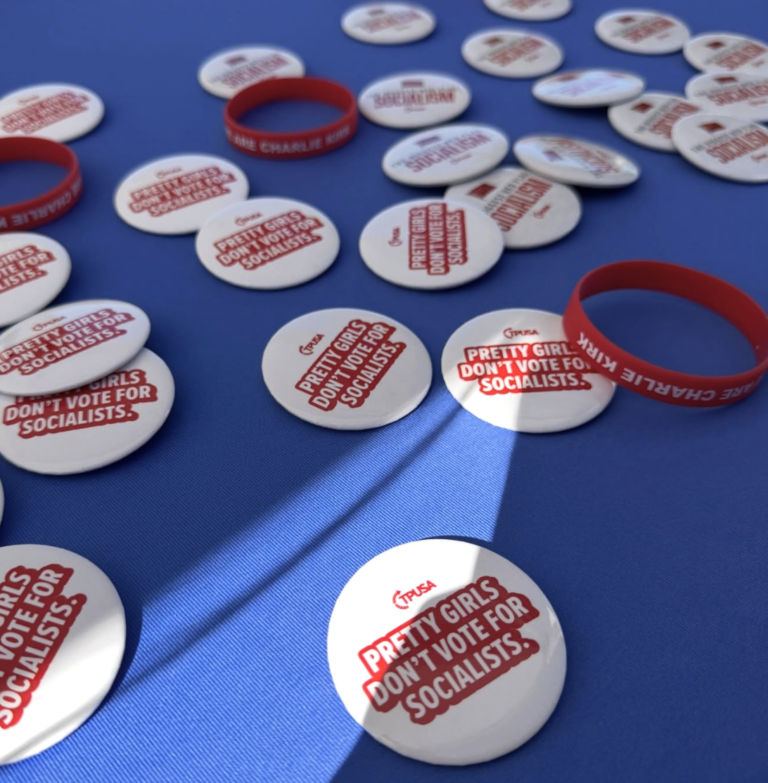


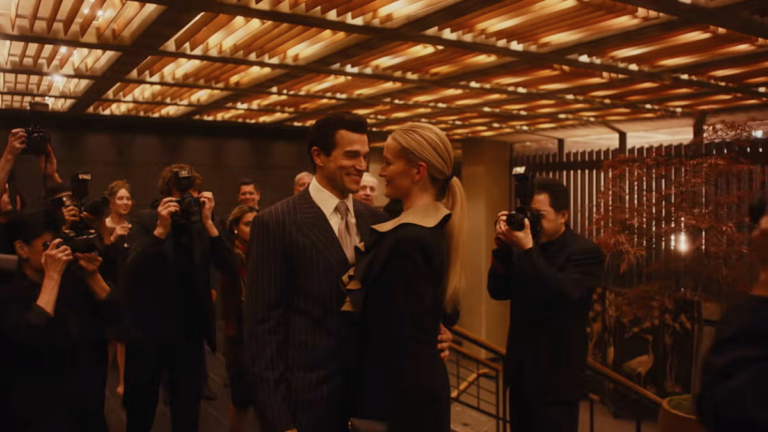
Leave a Reply